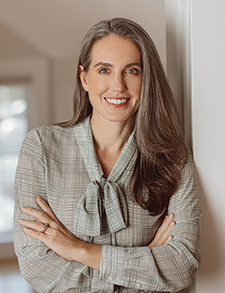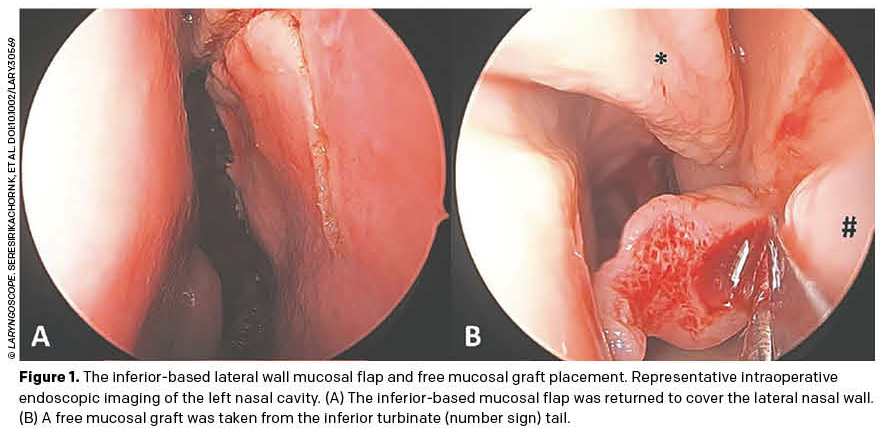The evolution of patient care can be caused by technological advancements, patient experiences, peer learning, conferences, and simply the refinement of one’s own surgical skills. The goal, however, remains the same—providing the highest quality care to our patients.







